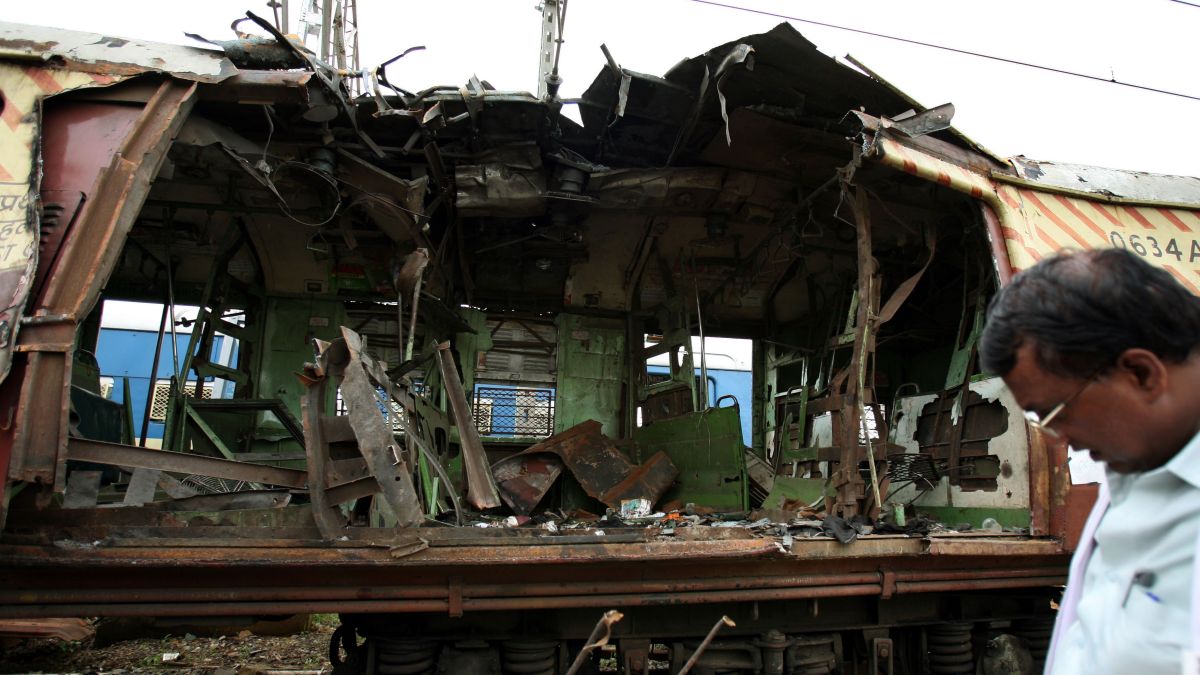

In a stunning reversal of a nearly two-decade-old case, the Bombay High Court acquitted all 12 individuals who had been convicted in connection with the 2006 Mumbai train bombings. The High Court bench, comprising Justices Anil Kilor and Shyam Chandak, ruled that the prosecution had "utterly failed" to prove the charges against the accused. This landmark decision casts serious doubt on the investigation and legal proceedings that followed one of the most devastating terror attacks in India's history.
The Mumbai train bombings, which occurred on July 11, 2006, involved a series of seven bomb blasts that ripped through the first-class compartments of suburban local trains. The coordinated explosions, which took place between 6:24 pm and 6:35 pm, resulted in the loss of 189 lives and left over 800 people injured. The attacks sent shockwaves through Mumbai and the entire nation, prompting immediate investigations and a frantic search for those responsible.
Following the blasts, the Anti-Terrorism Squad (ATS) took over the investigation, eventually identifying thirteen accused individuals. The trial court convicted 12 of them in 2015, sentencing five to death and seven to life imprisonment. One accused had been acquitted by the Special Court after spending nine years in jail. Another two had died by the time of the trial.
The recent High Court ruling overturns the 2015 verdict, citing a lack of conclusive evidence and inconsistencies in the prosecution's case. The court noted that the prosecution heavily relied on eyewitness accounts, recoveries of evidence, and confessional statements, but found these to be unreliable. The chain of circumstances presented by the prosecution was deemed incomplete, and the circumstantial evidence insufficient to link the accused to the planning or execution of the bombings. The court also raised concerns about the validity of the confession statements, accepting defense arguments of torture before the alleged confessions. The High Court also discarded the identification parade, for want of proper authority, as well as deposition of witnesses who identified the accused during trial as lacking credibility. The prosecution could not even prove what kind of explosive was used.
The acquitted include individuals from various backgrounds. Some were accused of planting bombs, while others were accused of providing financial or logistical support. For instance, Mohammed Faisal Attaur Rahman Shaikh, based in Mira Road, was accused of being a key financier and head of Lashkar-e-Toiba's (LeT) Mumbai unit. Ehtesham Qutbuddin Siddiqui was charged with harboring Pakistanis, surveying trains, assembling bombs, and planting a bomb. The special court of Maharashtra Control of Organised Crime Act sentenced Faisal Sheikh, Asif Khan, Kamal Ansari, Ehtesham Sidduqui and Naveed Khan to death. Seven other convicts Mohammed Sajid Ansari, Mohammed Ali, Dr Tanveer Ansari, Majid Shafi, Muzzammil Shaikh, Sohail Shaikh and Zamir Shaikh were sentenced to life imprisonment for being part of the conspiracy.
The acquittal of all 12 accused raises serious questions about the investigation and trial that followed the 2006 Mumbai train bombings. AIMIM president Asaduddin Owaisi has called for action against the officers of the Maharashtra ATS who investigated the case, alleging that innocent people are often jailed and left with no path to rebuild their lives even after acquittal. He also alleged that the parties in power in Maharashtra in 2006 were also responsible for "disregarding complaints of torture." The High Court's decision underscores the importance of thorough and impartial investigations, as well as the need for strong evidence to secure convictions in terrorism cases.